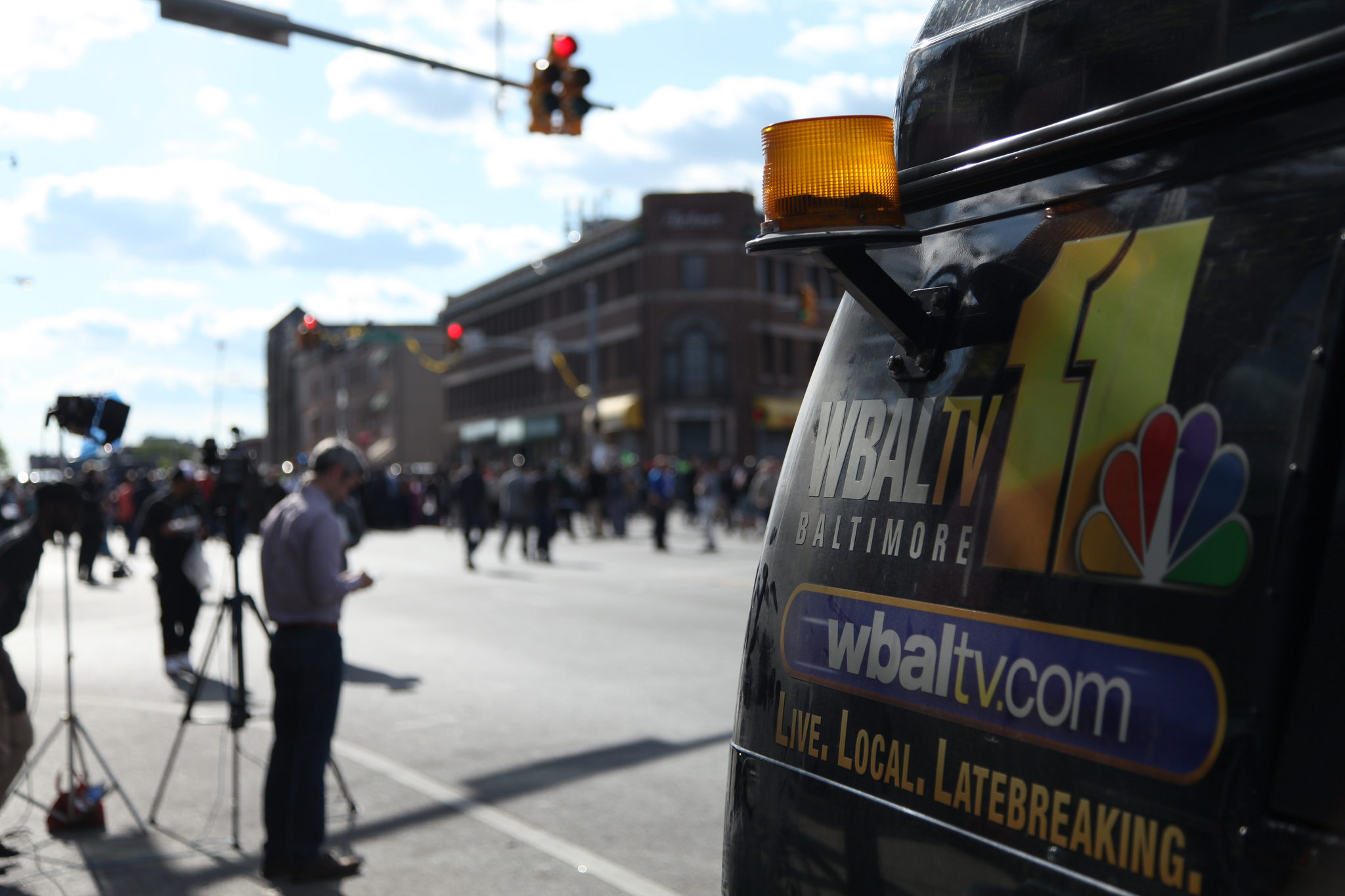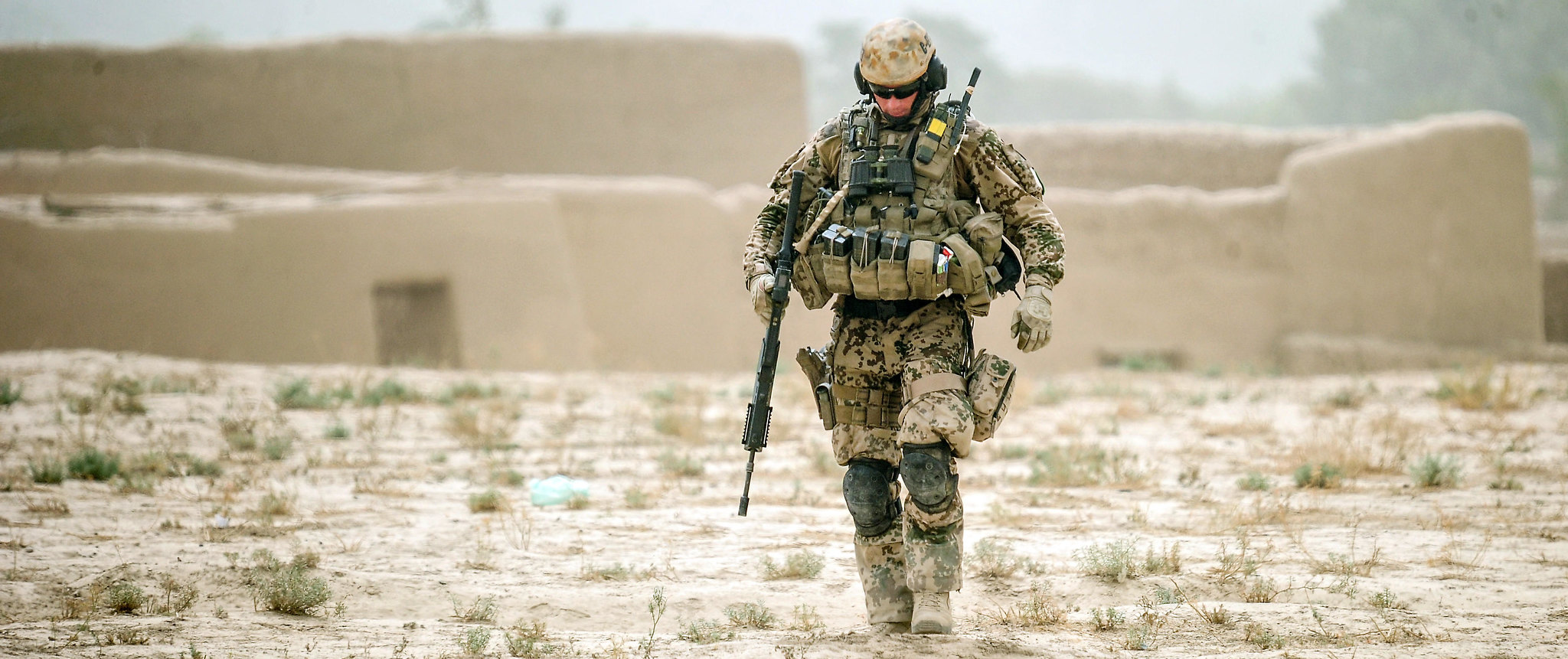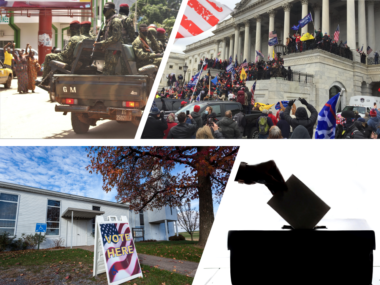
By Page Fortna
As the Obama administration and the world contemplate a plan to secure Syria’s chemical weapons, understandable questions are being raised about its feasibility. Syria’s stockpiles are spread out across the country, and monitoring and safeguarding them in the midst of a civil war is a daunting task, to put it mildly. According to the New York Times, one Pentagon study estimated it would require 75,000 troops to do the job. In other words, the plan seems to be impossible to implement. This impossibility is apparently what Kerry had in mind when he said the remarks that set public discussion of this plan in motion: that the only way Syria could avoid strikes would be to turn over its chemical weapons — Assad “isn’t about to do it, and it can’t be done.” Fully monitoring and completely securing Syria’s chemical weapons is clearly infeasible.
But this misses the point. While it would be nice to ensure that every last chemical munition and stockpile was secured and eventually eliminated, that is by no means necessary for the monitoring plan to succeed.
An international team to monitor known sites[1] and to inspect some other suspected ones is enough.
Having Syria fess up to having chemical weapons (which it has now done), provide some (though it surely won’t provide all) information about its program, and sign and ratify the Chemical Weapons Convention (which it says it is doing) is all icing on the cake.
Why is that so?
It bears remembering that the point of all of this is (and should be) twofold:
- To reinforce the chemical weapons taboo generally, and,
- To deter Assad from using chemical weapons again in this already nasty civil war.
On Reinforcing the Taboo
Doing nothing after an egregious violation would severely undermine the norm against chemical weapons use. Resolutions and condemnations of Syria’s attack can help to reinforce it, but with no action to back them up, they can quickly begin to ring hollow. On the other hand, as others have noted, for the US to strike Syria without UN authorization, and with very little international support would mean responding to the violation of one law of war (chemical weapons) with another (unilateral aggression). Unilateral military action also has the potential to help Assad (by rallying Syrians and much of the world to his side as he stands up to the US) more than it hurts him.
What the inspection plan offers is a third option between doing nothing and responding with military force.
It entails real costs for Syria: most important, a significant infringement on its sovereignty (which was why Syria and Russia objected so vehemently to earlier, similar, proposals to secure these weapons); tacit acceptance that how this war is conducted is the world’s business, at least at the extremes; and at least some diminution of their chemical weapons capability.
It may be only a slap on the wrist, but a slap on the wrist is more effective than a “tsk tsk” with no real action. And, unlike military strikes, it doesn’t hurt us more than it hurts Assad.
As a Deterrent to Using Chemical Weapons Again
There is of course, no guarantee that sending monitors to secure stockpiles will prevent Assad from using them again. But it will make it at least a little more difficult physically to do so (since some proportion will be monitored), and politically much more difficult to do so because another attack would embarrass the Russians.
As a deterrent, it is not perfect, but again, it is much better than the alternatives. If the world does nothing now, it has done nothing to deter further use. If the US strikes now, and the Syrians then use chemical weapons again, what does the US do — strike again? Will there be any more political support for that then than there is now?
So for both goals, generally reinforcing the chemical weapons taboo, and the more specific goal of deterring Syria from launching another chemical attack, even a very incomplete and imperfect plan to monitor and secure its chemical weapons is much better than either alternative.
The US should push for as strong and leak-tight an inspection plan as the Syrians and Russia will agree to, but that will probably not be very strong or leak-tight.
That’s ok, even a weak and leaky one is worth having.
All the talk about how this monitoring plan is infeasible misses the point. It’s the presence of inspectors, more than what they actually do, or find, or destroy that matters. To some extent, it’s “just” symbolic, but the symbolism matters.
And all the talk about how this Russian plan just complicates Obama’s efforts to drum up support for a strike is, well, just plain silly (after all, Obama’s goal is not a strike for its own sake).
[1] According to the New York Times, there are 19 we know a lot about.






2 comments
… because there’s no possibility of total removal of CW’s … but there IS a possibility to avoid another war that distributes power and wealth upwards (as they all do).